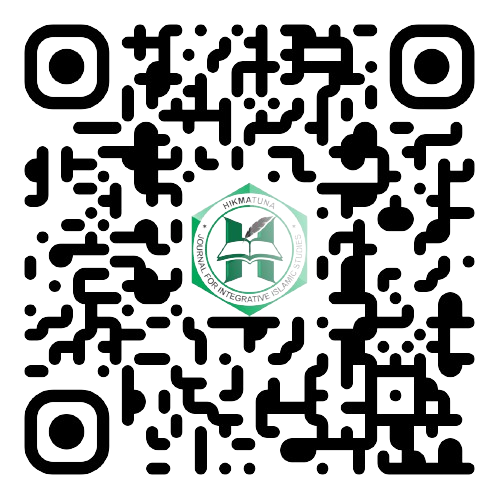Religious Practices in Pesantren: Negotiation, Reflection and Adaptation during the COVID-19 Pandemic
DOI:
https://doi.org/10.28918/hikmatuna.v7i2.4675Keywords:
Adaptation, spirituality, religious practice, negotiation, pesantrenAbstract
This article discusses the condition of pesantren in Pantura (the northern coast area of Java) during the pandemic of Covid-19. This phenomenon of the Covid-19 outbreak is worrying because pesantren is a collaborative community that carries out activities without fulfilling social distancing. How the pesantren community negotiates themselves amid the Covid-19 pandemic, and how it reflects and adapts each activity. This study aims to reveal the pattern and response of the religious community of pesantren related to activities during the Covid-19 pandemic. This research was field research that used a model to obtain data by observing pesantren and analyzed
with three theories, namely Glok and Stark on religiosity and Max Weber for social action and Talcott Parsons' theory of adaptation. During the Covid-19, pesantren can negotiate conditions amid a pandemic by reflecting on maintaining and preserving the tradition of prayer and a form of adaptation to spirituality and morality while still adhering to health regulations.
Downloads
Published
How to Cite
Issue
Section
License
Copyright (c) 2021 Hikmatuna : Journal for Integrative Islamic Studies

This work is licensed under a Creative Commons Attribution-ShareAlike 4.0 International License.
















